Watching My Fiancé Die Taught Me How to Live
Hey there! This post may contain affiliate links, which means I’ll receive a commission if you purchase through my link, at no extra cost to you. Please see my legal page for more details.
I cringe when I think about the moment when Jeff’s doctor told him he was dying. But not for the reason you might think. It’s not because of the doctor’s words or Jeff’s response that this memory brings me discomfort. No, it’s because of my own response that I recoil.
In retrospect, the doctor was doing Jeff a great kindness by leveling with him so clearly, and so directly. Though diagnosed with stage 4 esophageal cancer three months earlier, we had never used the words death or dying.
But this doctor looked Jeff straight in the eyes and introduced a new and looming possibility into that suffocating hospital room. Her voice was soft but her eyes were firm when she said:
“I’m afraid that we are losing control of this. I think you are dying.”
I was stunned into medically-induced silence. Sure, we knew things were bad. But dying? He was so strong. So young. It couldn’t be. My brain would not process this. No, I insisted to myself. Everything would be OK.
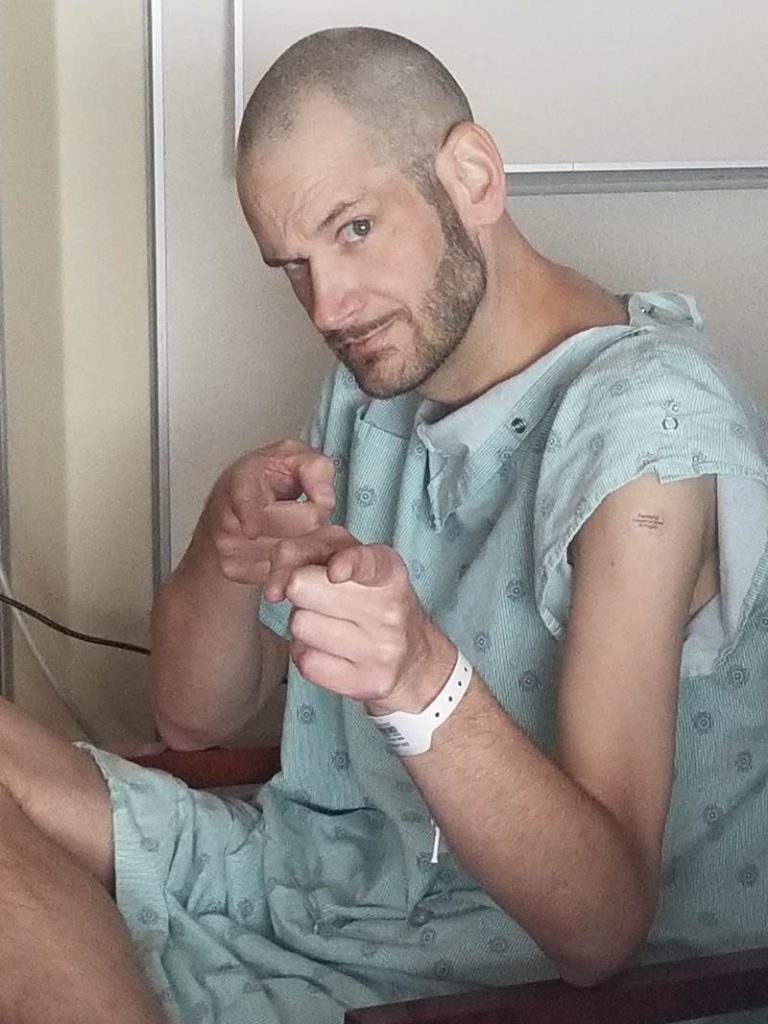
It is the only memory I have of Jeff where his eyes appear blue. He responded with his usual pragmaticism to that first use of the word “dying.” Speaking clearly despite the shine of unshed tears disguising his hazel eyes, he asked:
“How long are we talking here? How long do I have?”
It would turn out to be days rather than weeks. But that didn’t stop my campaign of fierce denial.
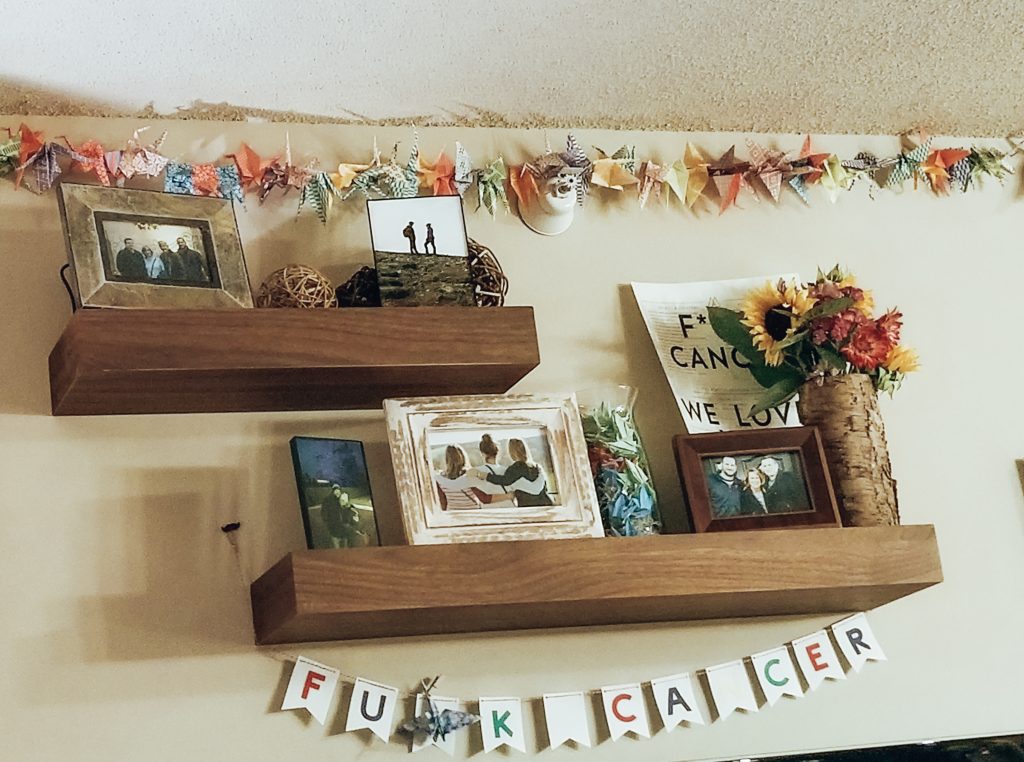
The moment that the doctor left the room I told Jeff that she was wrong. I promised him that he would live. Holding tightly to his hands, I willed him to believe my next words:
“You are going to be OK,” I insisted. “We are going to beat this.”
He nodded. Quiet. Thinking. Absorbing the doctor’s words and already sorting out how he would make the best of his last days. A tear escaped his eye and slid down his cheek.
He knew that he was not OK.
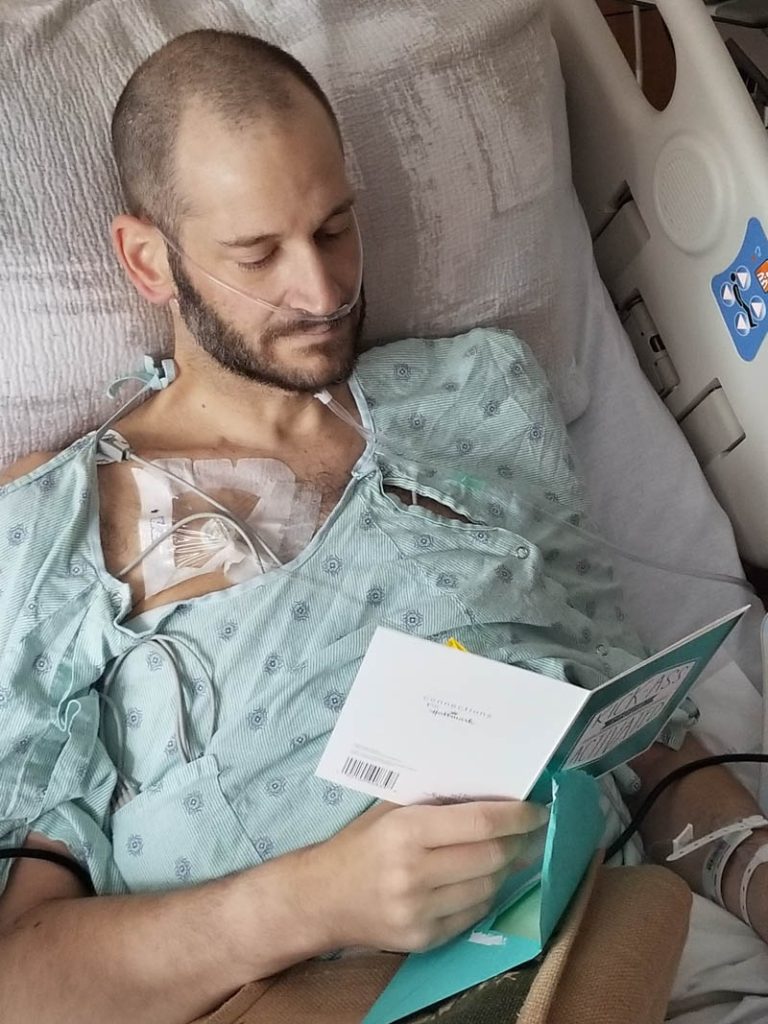
It’s OK to be “not OK”
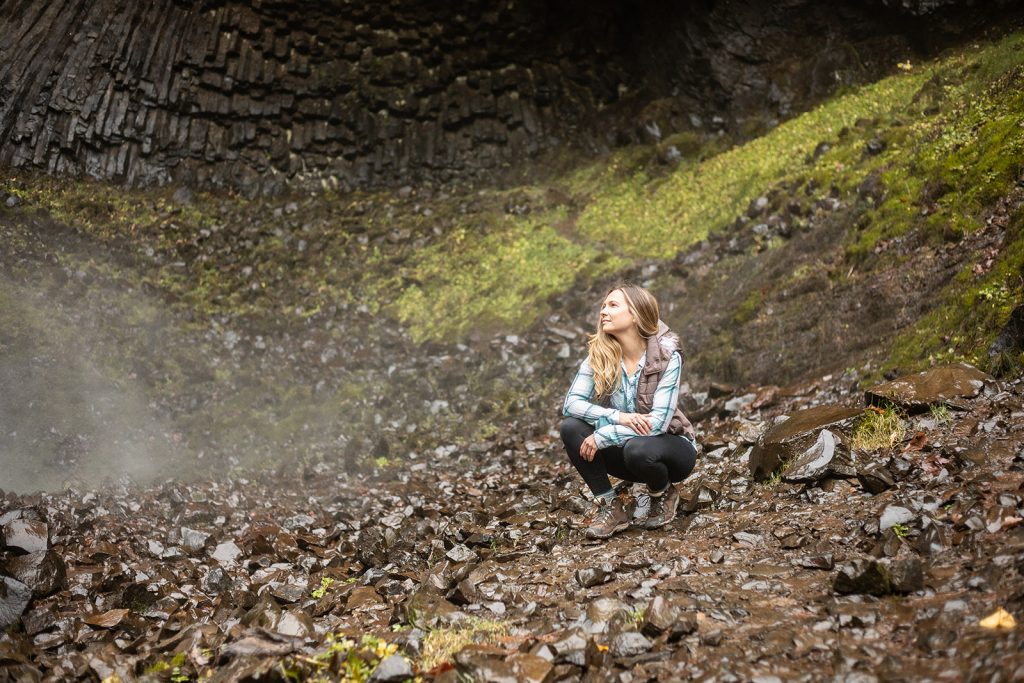
When a friend called to see how I was doing as we approached the two-year anniversary of Jeff’s death, I took a deep breath and said some words that Jeff never heard me say.
“I’m not OK,” I said. “I’m not OK right now.”
It took a year of acute grief and another year of quieter grief to really understand this lesson from Jeff’s death.
Acknowledging to myself and to others that “I am not OK” does not make me weak.
Instead, this acknowledgment encourages me to face my feelings, process them, dig into what’s going on in my mind and my heart, and to come out on the other side some kind of semblance of “OK”.
I can’t go back in time and change my response on that horrible day in Jeff’s hospital room. But, if I could, I would hold his hands and say:
“it’s OK to be not OK right now.” And I would cry with him.
Choose joy
Accepting that you are not OK does not mean you have to wallow in it. This is a lesson I learned from Jeff that dismal day in May.
While I fought back the reality of death, Jeff thought about how he would like to live in the limited time he had left.
It may have been dark inside that hospital, but outside the sun was shining on a Memorial Day weekend in Chicago, and Jeff wanted nothing more than to barbeque for his friends.
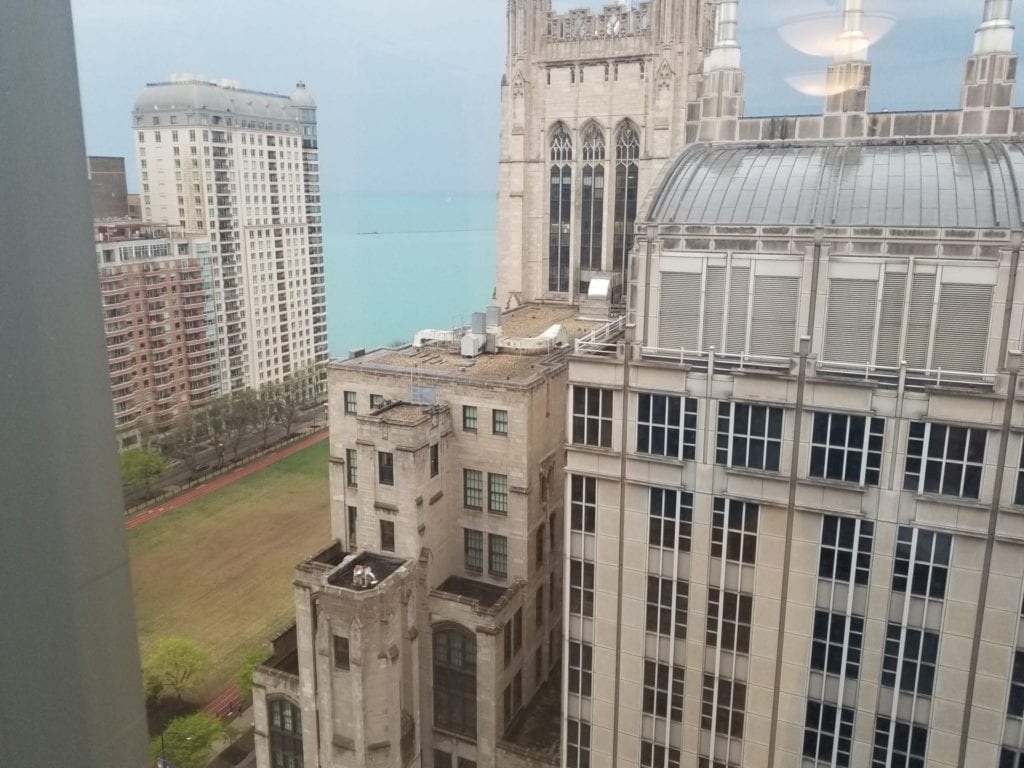
Nevermind the fact that he didn’t have the strength to flip the burgers; nevermind the fact that he wouldn’t be able to swallow the food that he cooked; nevermind the fact that he couldn’t drink the IPA he wanted to rest on the side of the grill. Nevermind. It was the joy of the moment that he wanted.
It’s not that easy to buy a grill in downtown Chicago on Memorial Day weekend, but his dad managed to find one and to have it delivered to our balcony overlooking Millennium Park.
We told Jeff about the grill; he told us about the ingredients he would need for his perfect burger.
Though he never made it home as we all hoped he would, and he never met that grill, Jeff was buoyed by the very thought of a simple BBQ with his friends on Memorial Day.
I thought about that a lot as I quarantined in my backyard over this past Memorial Day weekend. The two-year death anniversary hit me a lot harder than the one-year did, and I was achingly sad about what could have been.
So, I took a page from Jeff’s book. I closed my eyes and felt the promise of summer on my cheeks, and I pictured Jeff at the grill making his perfect burger. Mushrooms, goat cheese, and peppers, if I remember right from his bedside description. A toasted bun and, of course, an IPA to wash it all down.
There is no harm in being “not OK” but in surrounding yourself with joy anyway.
See the best in people and situations. Always.
I was tempted to write “search” for the best qualities in people, but I don’t think Jeff searched. He didn’t have to search, because he either didn’t see flaws in people or, maybe, he chose to search for strengths.
He had a way of really listening to people. Conversations with Jeff meant both light-hearted jokes and thoughtful insights.
In Jeff’s last days, his friends flowed through his hospital room, transforming a suffocating space into one made sweet with friendship and covered in the gifts of flowers and origami cranes that soon hung from every corner of his room.
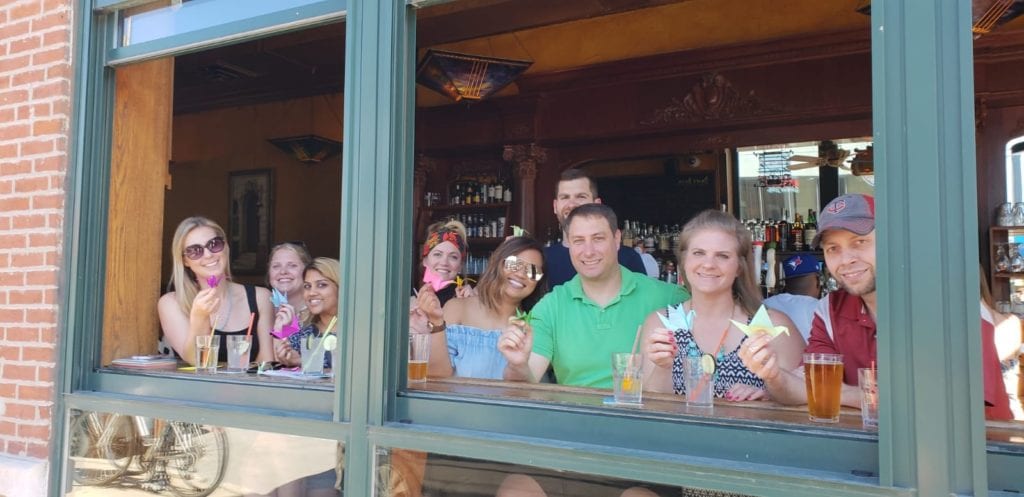
The paper cranes Jeff received were as diverse in shape and color as the people who made them.
Jeff loved every visit and every crane. He wondered out loud how he could be so lucky to be surrounded by so much love.
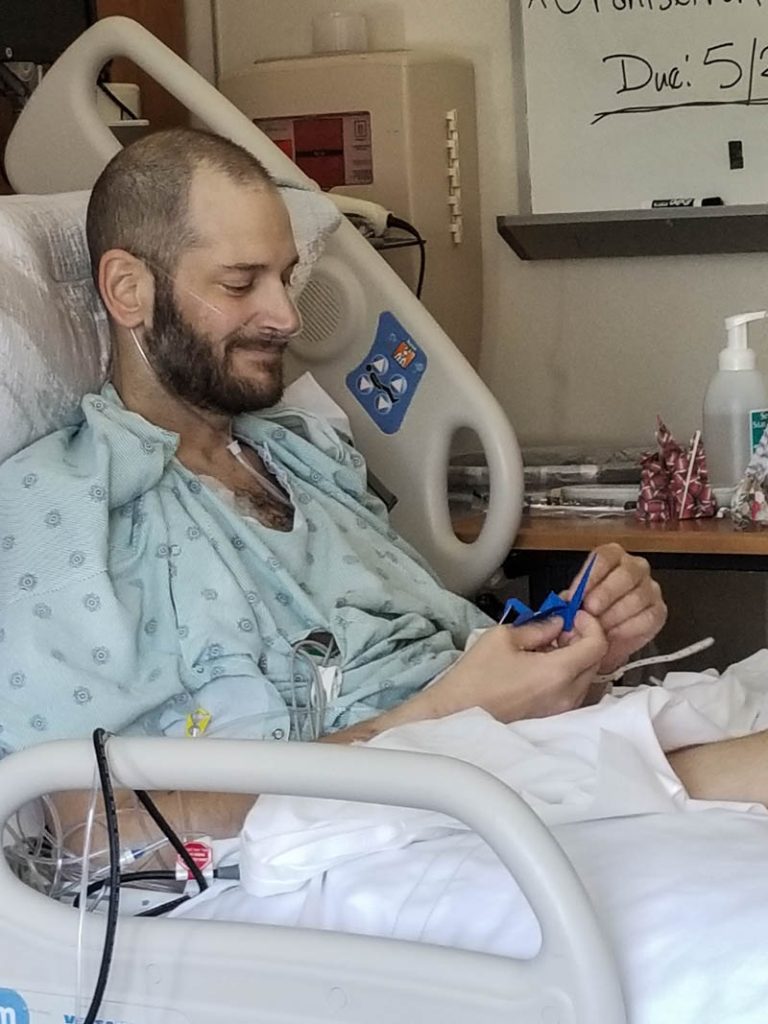
He chose to see the best in people and the best in every situation. To the extent that he could wonder in amazement at his good fortune even as he died of cancer at the age of 40.
I am still working on this lesson from Jeff. But whenever I am feeling down, I think of Jeff and the way he looked at his paper cranes and saw so much more than paper. He saw simple joy and great love. He saw a life well-lived.
Live like tomorrow may not come
Sometimes, when I look back at the way that Jeff lived his life, I wonder whether he somehow knew that his time here would be short.
For all of his amazing qualities, Jeff wasn’t much of a planner when it came to his future or his finances. His ability to plan, however, was unquestioned when it came to a Halloween party, and you should have seen the meticulous packing list he once made (and kept!) for a camping trip to the Bonnaroo Music Festival.
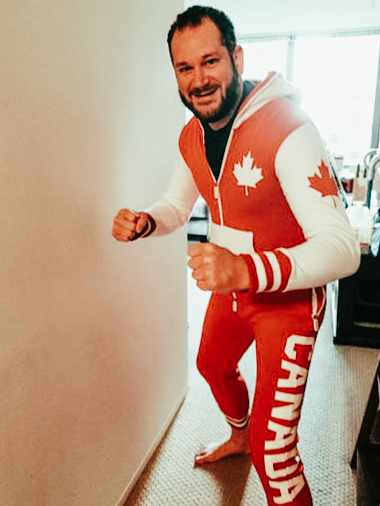
Jeff seemed to soak up every moment that he had on this Earth, packing his life with fun and activities, and choosing to work in a job that paid him little in terms of dollars but made up for it in terms of joy.
Jeff worked with disadvantaged children. Kids who had failed within the Chicago Public School System, and were at their last-chance school — Jeff’s school. “His kids” he called them. He brought home stories about his students, finding humor in their antics, and pinning their artwork to his refrigerator.
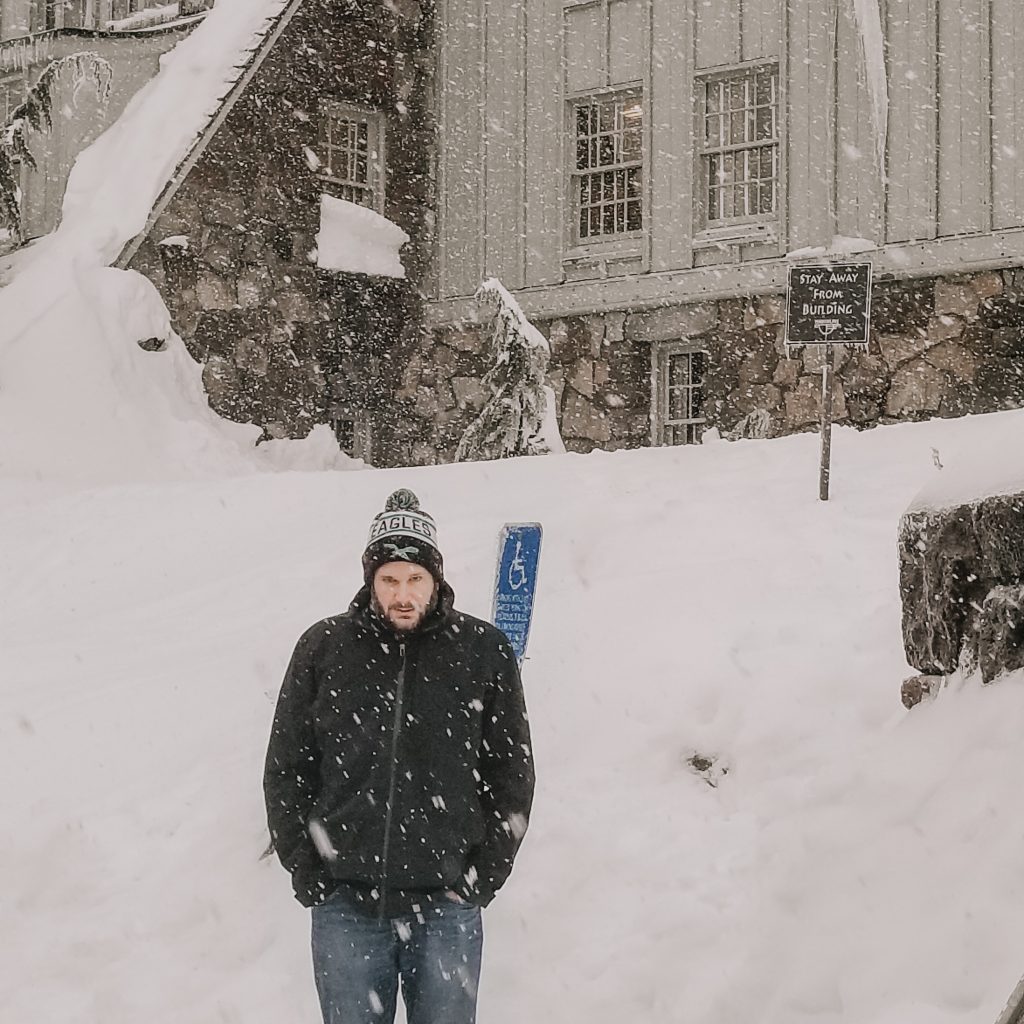
He chose to make a difference rather than to make a buck.
Me on the other hand?
I was a traveling salesperson who ran from one city to another to make a buck, forgetting to really live along the way.
Not any more. I quit my job after Jeff died. Now I am a freelance writer. I make less and I live more, and I’ll take that tradeoff any day.
Life-changing moments take place outside the comfort zone
I took Jeff’s camping tent out to the Willamette National Forest. That may not seem like a big deal, but it was to me, and it would have been to Jeff.
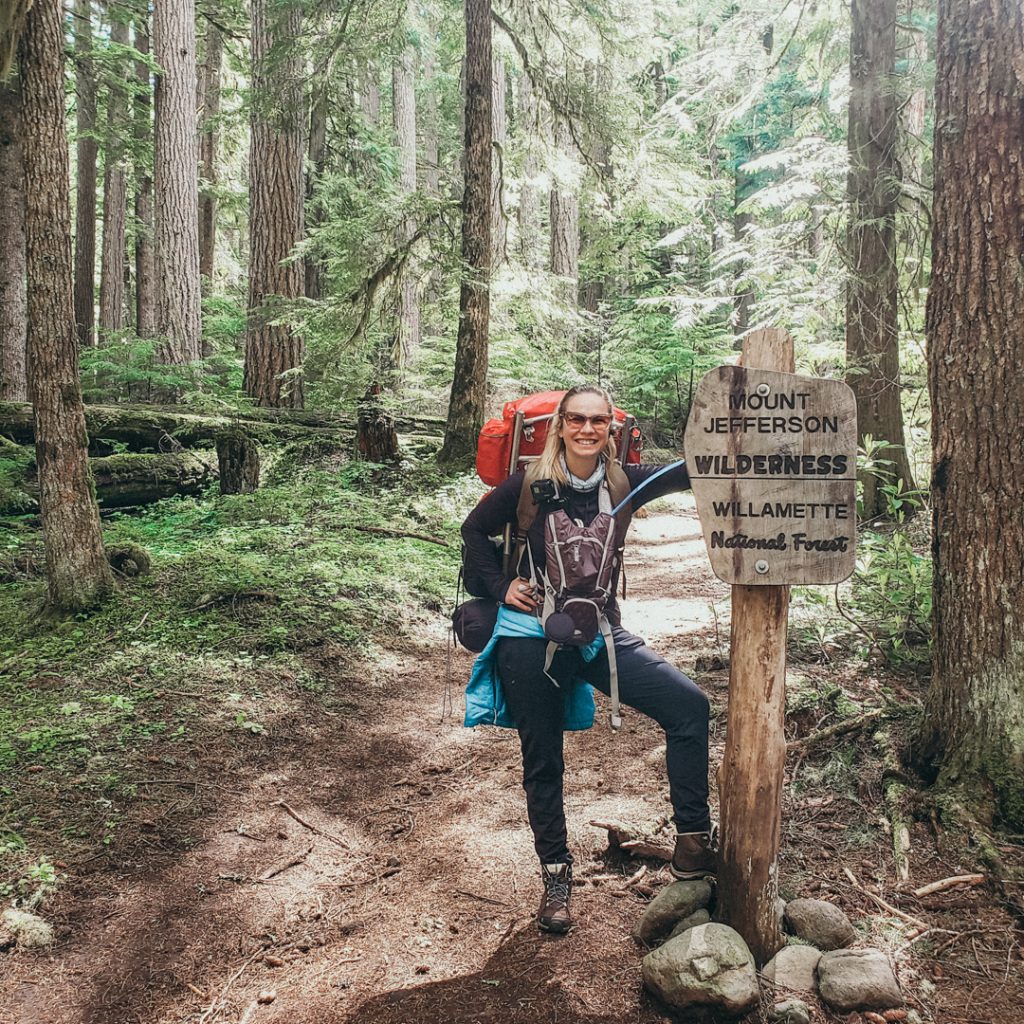
He loved to camp and swore he would get me into a tent. I dug in my high-heels and said “No way, I don’t sleep outside!”
Why did I think that? I hadn’t camped since I was a kid. It wasn’t that I didn’t like to camp, I just shunned anything new. Anything outside of my comfort zone.
I’m that girl who fell off of her bike as a kid and never got back on.
Since Jeff died, though, I’ve tried to live the way that he did. I’ve done big things like pursuing my dream to be a writer and my desire to see the world. But it’s the small steps outside of my comfort zone that allows me to say that I hardly recognize that high-heeled naysayer of two years ago.
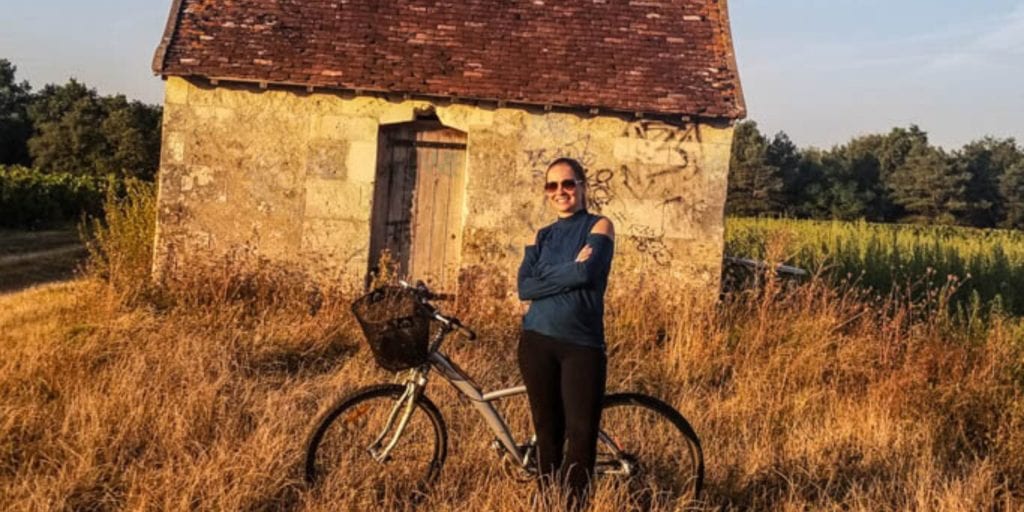
I learned to ride a bike and took it through the vineyards of France; I learned to surf and rode the waves in Bali; I swallowed my fear of crowds and danced the night away at the Full Moon Pary in Thailand – alone.
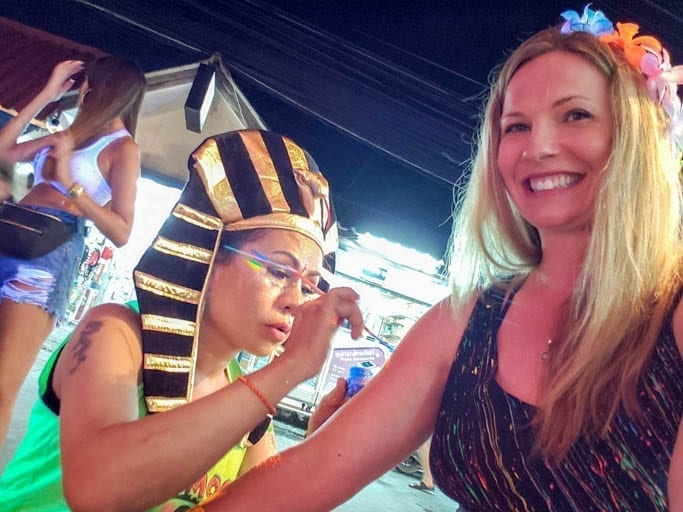
And then I walked the Camino de Santiago — a 500-mile pilgrimage across Spain and lived out of a small backpack for 35 days. That’s a big change for a girl who didn’t even own a backpack.

Sometimes I tried something that I really didn’t like. For instance, I tried and failed to become a scuba diver, dropping out of my scuba certification course on the Thai islands. But now I can say that scuba diving isn’t for me because I tried it.
I once stayed in the confining but safe space of my comfort zone. I could have easily existed there, happy enough, but never truly living. Now, thanks to the lessons I learned from Jeff during his life and after his death, I know that transformative experiences are found outside of the comfort zone.
It hurt to lose Jeff and it still hurts. But I am so glad that I had the chance to love him. Because the way that he lived, and the way that he loved will forever influence my life for the better. For that, I am forever grateful.
about the author
Hi! I’m Jen. I’m a freelance writer and travel blogger who quit my nine-to-five after my fiancé, Jeff, died of cancer at the age of 40. When he died, I realized that life is just too short to delay our dreams. Since my dream was to travel and write, I now travel and write full-time. Today I wear hiking boots instead of heels and collect experiences instead of things.
Related posts
Resources for Grieving
01
Grief Works: An app to guide you through your grief
02
Hot Young Widows Club: Stories of love & loss on Instagram; also a book
03
Modern Loss: Essays & resources to navigate life after death
04
Good Mourning Podcast: Authentic conversations about loss
05
Soaring Spirits: Peer-based support programs for widowed men & women
06
Subscribe to my newsletter for tips on grief & post-traumatic growth

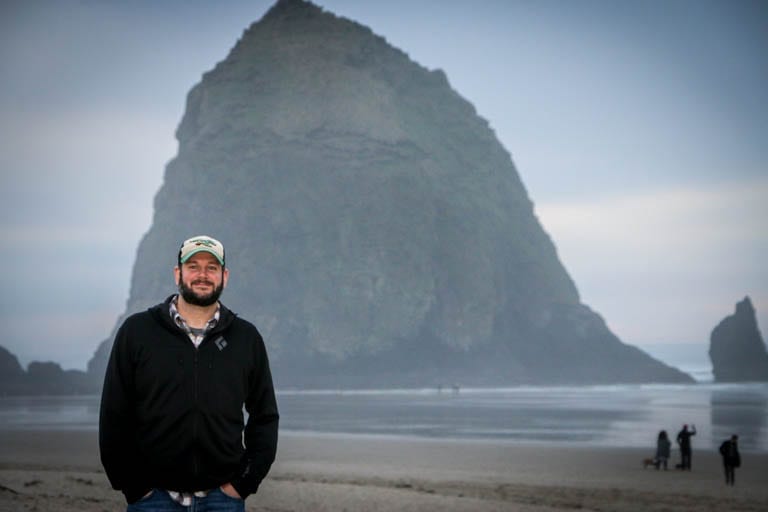



I just lost my fiancé to cancer. He was 32. It’s so easy to find stories of those who have lost after many years, but your final paragraph really resonates with me. Thank you for articulating what I cannot x
I’m sorry for your loss, Aisha. I’m glad you’re digging into resources that may help in your grieving/healing journey and I’m so honored to be a small step in that process. Sending you healing vibes.
I lost my fiancee 3 days ago now what made it worse is that I was with her she cried out her head was hurting next minute fell on floor ambulance came she was critical 1 minute told brain dead massive bleed inside the brain now I see it every second of every day
I’m so sorry for your loss, Graham. And I’m so sorry for the additional trauma of witnessing your fiance’s death. There are no words for this. Sending you healing vibes.
If Jeff would’ve been just half the man you describe him as, he still would’ve been a top bloke by the sounds of it. I think it’s great that you changed your life for the better and that you now enjoy the outdoors as much as he did. Thanks for sharing. It must’ve been difficult to write this post.
Thank you, Stefan. Thank you.
This must have been painful to write. Thank you for your honesty and your openness. It is beautifully written and clearly from your heart. Enjoy your travels, you will never regret doing this.
Thank you, Chrissy!